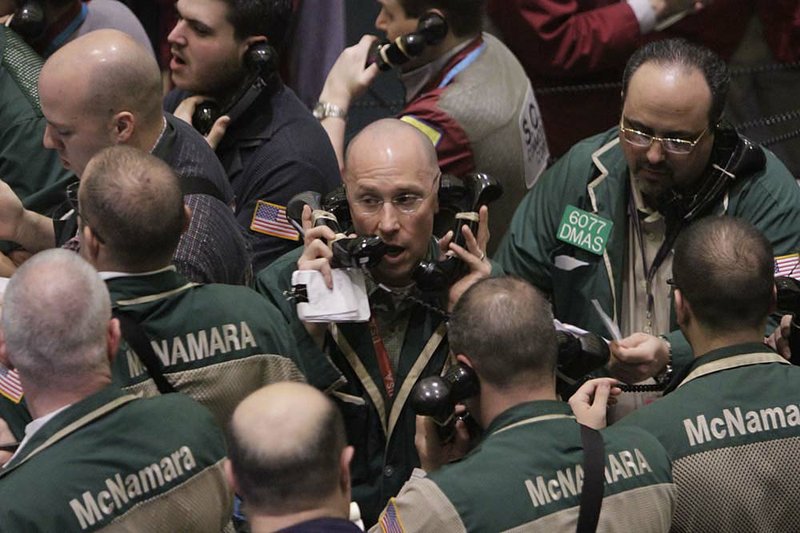LITTLE ROCK — Libya’s violent upheaval has taken 1.2 million barrels of oil off the global market as energy plants and ports are shut down, according to Italy’s Eni, the largest producer in Libya.
The figure represents most of Libya’s total daily production, which before the crisis was about 1.6 million barrels of crude. The country sits on the biggest proven oil reserves in Africa.
More than the shortfall,which experts say could be made up for by increased output in other countries, it was the “sense of general insecurity that can be a trigger that sets off speculation” on prices, Chief Executive Officer Paolo Scaroni said Thursday.
Crude prices have jumped 20 percent to two-year highs in just a week, since Libya’s uprising against the regime of Moammar Gadhafi escalated and turned violent. Investors worry that bigger producers, such as Iran or Saudi Arabia,could be engulfed by similar chaos.
Oil prices in the U.S. dropped Thursday for the first time in nine days. Benchmark West Texas Intermediate crude for April delivery fell 82 cents to settle at $97.28 on the New York Mercantile Exchange. The contract climbed as high as $103.41 per barrel earlier in the day. In London, Brent crude added 11 cents to settle at $111.36 on the Intercontinental Exchange.
The impact of Libya’s turmoil was that “there are 1.2million barrels less” on the market, Scaroni said. “That’s not a lot, but it’s something.”
President Barack Obama said Thursday that the U.S. will be able to “ride out” a disruption in oil supplies resulting from turmoil in Libya.
“We actually think that we’ll be able to ride out the Libya situation and it will stabilize,” he told members of his outside council on jobs and competitiveness at the White House.
Treasury Secretary Timothy Geithner, speaking at the same meeting, said oil-producing nations have a “fair amount of excess capacity” to deal with any shortfall.
The International Energy Agency said Thursday that between 500,000 and 750,000 barrels of crude oil per day has been taken off the market in the wake of the uprising. The Paris-based agency cites “industry reports” for its estimate, which it says is less than 1 percent of global daily oil consumption.
The rise in crude prices is causing a spike in gasoline prices in the U.S.
At the pump, gasoline prices rose more than 2 cents Thursday to a new national average of $3.228 per gallon. A gallon of regular is 11.8 cents higher than it was a month ago and 55 cents more than the same time last year, according to AAA, Wright Express and the Oil Price Information Service.
In Arkansas, the average price of a gallon of gasoline rose Thursday to $3.101, now up almost 10 cents a gallon from a week ago, according to AAA.
Italy, which takes 12 percent of its natural gas from Libya, is having to import more from other countries, including Norway, Algeria and Russia, Eni said.
Italian government and energy officials have been reassuring Italians this week that the effects on Libyan energy production won’t trigger shortages for consumers or a need to resort to strategic reserves of natural gas.
Eni’s Scaroni indicated oil market watchers were caught off-guard by price jumps.
“If the international political situation calms down, the price of petroleum should drop under $100 a barrel,” the Italian news agency ANSA quoted Scaroni as saying. “Nobody expected that petroleum could have jumped to $120 suddenly.” Information for this article was contributed by Frances D’Emilio, Alan Clendenning, Greg Keller and Chris Kahn of The Associated Press; and by Kate Andersen Brower and Ayesha Daya of Bloomberg News.
Business, Pages 27 on 02/25/2011

